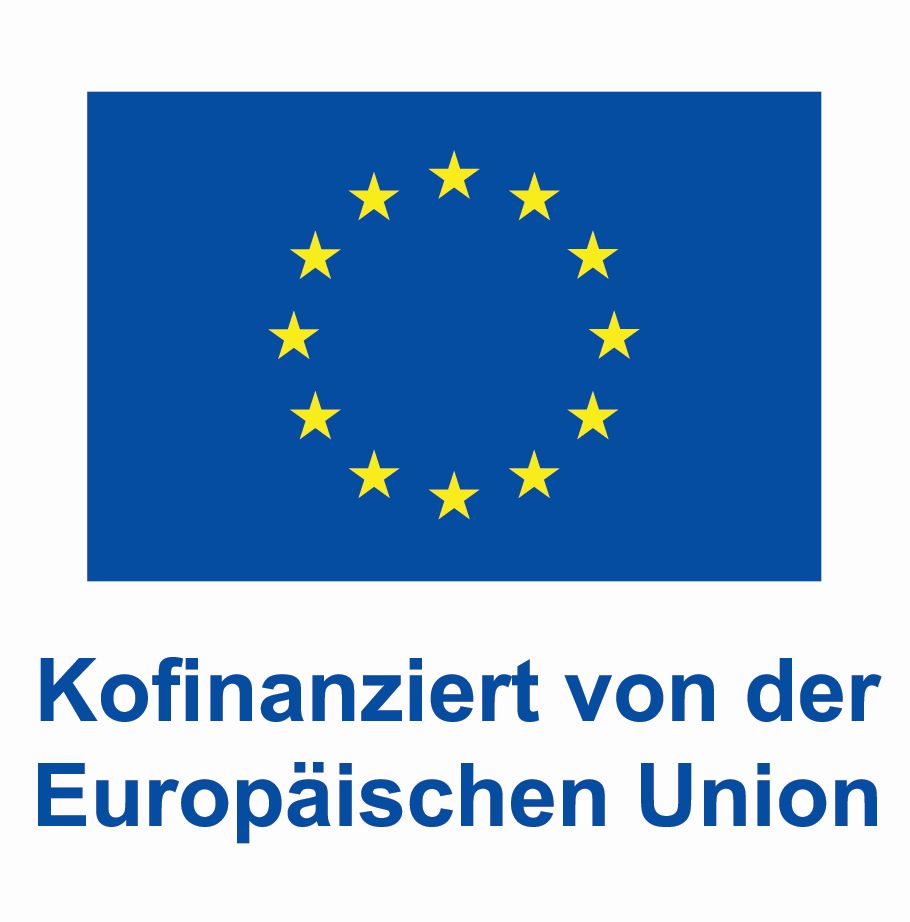In light of the covid-19 pandemic and restrictions applying to the opportunities to meet other people in person, collaboration and dialogue among young people, in youth work and in counselling, in general, has been suffering a great lack of quality, possibility and provision.
The DigiArts project aims to focus on this “interrupted” dialogue and develop a qualitative and effective way for young people and youth workers to exchange in dialogue and cooperation and support each other in an innova-tive digital way.
DigiArts will use the values of Restorative Justice (power-sharing, equality, dignity, respect and involvement in decision making) as well as its dialogue-based practices to establish an inclusive environment for young people of various ethnic backgrounds, gender identities and social classes. . It uses Restorative Justice values and Arts to strengthen collaboration and dialogue among European youth.
Disadvantaged young people are invited to talk about their concerns, motivations and obstacles to others in a safe and inclusive setting, supporting intercultural exchange between the groups and raising awareness of other youngsters’ backstories, concerns and needs.
Youth workers learn how to support the young people in transforming their concerns into an artistic creation in the form of videos, photos or digital drawings and designs and exchange the art with other young people.
The main objectives of the project are:
- To deliver an attractive approach for youth workers to involve young people by combining the methodology of Restorative Justice with Arts
In terms of concrete products DigiArts will develop the following outputs:
- Methodological Framework on Restorative Justice and Arts. The Methodological Framework will enable youth workers to learn about Restorative Justice values properly and thoroughly, how to combine them with Arts and thus foster a culture of dialogue and inclusion among young people.
- Activity Handbook for Implementation: A manual on the Restorative Justice and Arts approach to enable youth workers to understand how to correctly implement the innovative approach
- DigiArts E-Learning Environment. The E-Learning environment will include online activities for youth workers to learn about the new approach and methodology and how to transfer the artistic Restorative Justice approach to a digital format
DigiArts is based on the Culture & Art for Unity (CA4U) pilot Restorative Justice project that was carried out by the organisation RJ4All in the United Kingdom and was awarded the first prize by the London Mayor’s Culture Seeds competition in 2019.
The project partnership is led by the Consultoría de Innovación Social, Vélez- Málaga, Spain and consists of partners with complementary experience and skills in the field of informal learning and youth education from Spain, Germany, Bulgaria, Italy France and Greece.
Project website: https://www.digi-arts.eu/

Von der Europäischen Union finanziert. Die geäußerten Ansichten und Meinungen entsprechen jedoch ausschließlich denen des Autors bzw. der Autoren und spiegeln nicht zwingend die der Europäischen Union oder der Europäischen Exekutivagentur für Bildung und Kultur (EACEA) wider. Weder die Europäische Union noch die EACEA können dafür verantwortlich gemacht werden.

